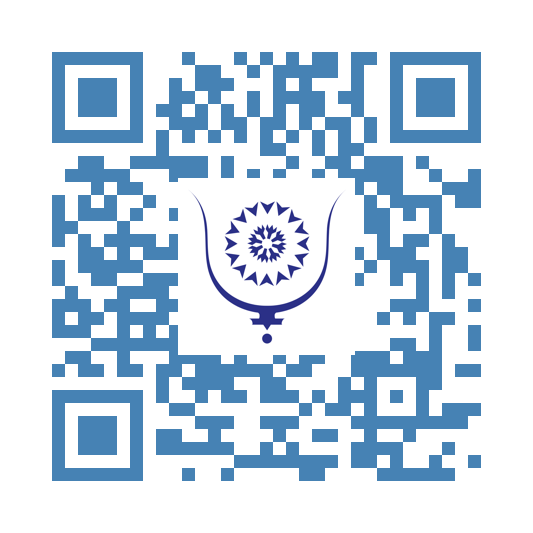صوت عبدو الشريف الشجي يرفعه إلى السماوات 855
--كنت أقود سيارتي عائداً من فاس، عندما أعلنت القناة الإذاعية التي كانت ترافقني في مقصورة سيارتي، عن الاختفاء المفاجئ والمثير وغير المفهوم وغير المتوقع والسريع والمدمر والمحزن لعبدو الشريف.
لقد عشقت وأعشق وسأظل أعشق حتى نهاية أيامي هذا الفنان الموهوب الذي لم تسنح لي الفرصة لمقابلته ولكن التلفزيون واليوتيوب جعلني أكتشفه وأحبه فيما بعد.
أنا، الذي أعشق عبد الحليم حافظ والأغنية المصرية الجميلة، أجد فيه استمرارية للعصر الجميل؛ ذلك الذوق الموسيقي السامي؛ الذي تجاوز فيه مؤلفو الأغاني مثل الملحنين وقادة الأوركسترا وفناني الأداء أنفسهم ليقدموا للجمهور العربي، وليس فقط، أفضل الموسيقى. مستوحاة أحيانًا من فنون شعبية عميقة الجذور، وأحيانًا من نغمات موسيقية من أماكن أخرى، حتى أنها ذهبت إلى حد استكشاف رقصة التانغو الأرجنتينية، فقد أورثتنا تراثًا موسيقيًا فريدًا لا نقدر ثرائه بالكامل بعد.
عندما نستمع إلى عبده الشريف وهو يؤدي جبار أو حبيبها، نقع في زوبعة من السحر بصوته الآسر، القوي، الناعم، المعبّر. الصوت واضح وضوح الشمس والإلقاء واضح و مخارج الحروف صافية رقراقة. عبده يسمو بهذا النوع من الأغاني ليجعلك تنسى الأصل…
مفاجأة ذات مساء، في أولمبيا القاهرة، أعلن بلطف بلا شك أنه سيغامر بغناء لا بويم . كان شارل أزنافور سيحب هذه اللحظة كثيراً. لقد كان انتصارا.
ولم ينته الأمر ,عبده سيحاول المستحيل ولا أحد ملزم بالمستحيل، سيذهل، مفاجأة، في إحدى أمسيات الدار البيضاء، بإعادة النظر في أحد معايير الملحوم المغربي: قصيدة غيتة. من كان يظن أن هذا المخلص الأبي لعبد الحليم سيطرق في يوم من الأيام باب الحاج إدريس بن علي المالكي ويجعله يقف في قبره الذي يبلغ من العمر قرنين تقريبًا. أنا على قناعة أنه حيثما كان إدريس بن علي فقد يبتسم بارتياح. لم يسبق لأحد أن أدى غيتة مثل عبده الشريف، ولا حتى المعلم الكبير إدريس التولال
هذا هو الرجل الذي يتركنا اليوم إلى الأبد، يترك لنا صوته وابتسامته وأناقته وحساسيته وجرأته في الوقوف في قاعات الحفلات الكبيرة أخذا جمهوره في رحلة تتجاوز الزمن
عندما وصلت إلى المنزل، جلست في زاوية مضلمة، وأخذت هاتفي وبدأت أستمع إلى مقتطفات لا نهاية لها من اداءاته، وأقضي في خيالي المزيد من الوقت في بعض الأماكن التي كان فيها في ذروة فنه و الغاني التي زارها مثل "راحلة"، التي لحانها موسيقى مغربي أخر. : عبد السلام عامر وأداها صوت جميل آخر المغني الراحل محمد الحياني و هو كذلك غادرنا في وقت مبكر
هكذا شاءت الأقدار ان اترحم على الفقيد عبده الشريف والدعاء له والغفران و الرحمة
لقد ترددت قبل أن اختار أغنية من اداءه لاقدمها لكم فكلها كاملة وجميلة مثل بعضها البعض. وأخيرا قلت لنفسي لماذا لا أغنية
Charles Aznvour: la bohème
لديكم الرابط أسفله.
إنا لله وإنا إليه راجعون.
كذا قد نحيه بيننا في دفء وجداننا الابدي.رحمه الله.
You are leaving Bluwr.
We cannot guarantee what's on the other side of this link:



